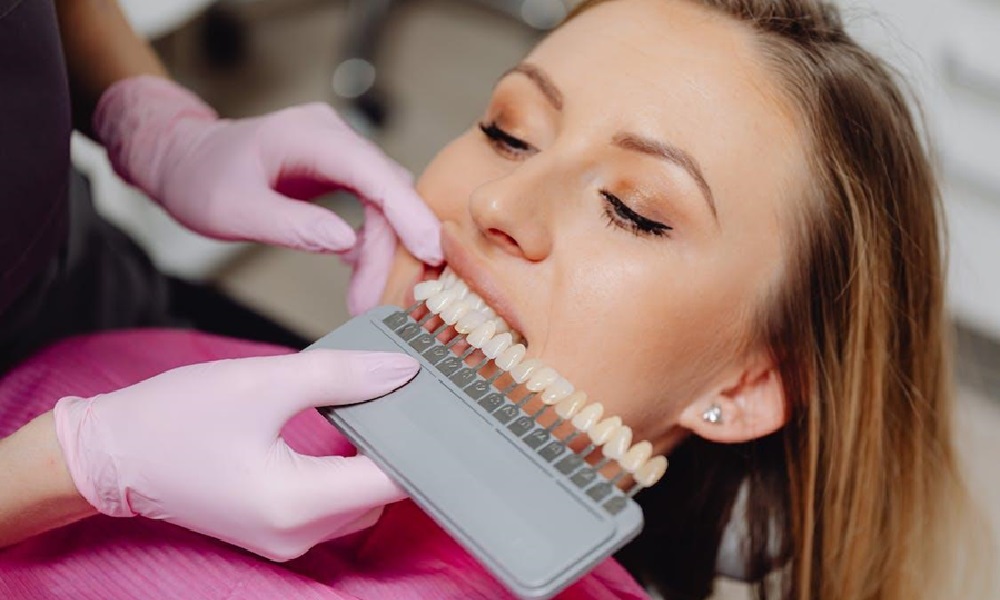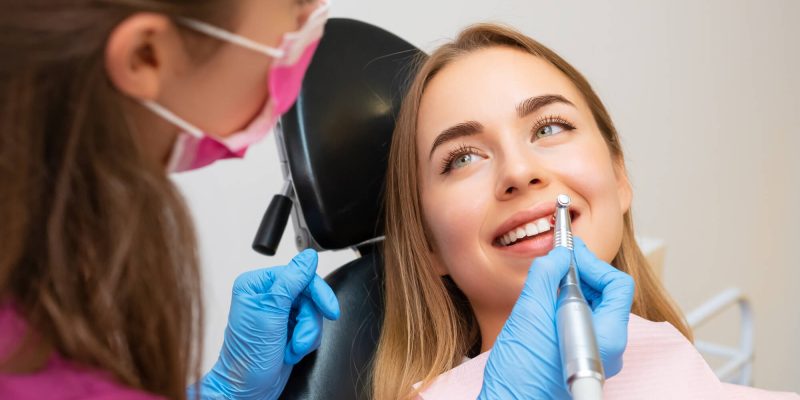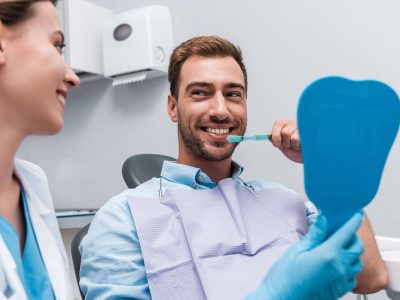When it comes to maintaining good oral health, many of us focus on brushing and flossing, but overlook the crucial role that saliva plays in preventing dental caries. As a trusted dentist in Atlanta, we understand the importance of saliva in neutralizing acids, remineralizing teeth, and facilitating the removal of bacteria and food particles. Saliva is often referred to as the body’s natural defense against tooth decay.
What is The Role of Saliva in Oral Health?
Saliva is a clear, watery fluid produced by the salivary glands in the mouth. It contains enzymes, proteins, and minerals that help to break down food, neutralize acids, and remineralize teeth. Saliva also helps to lubricate food, making it easier to swallow, and facilitates the removal of bacteria and food particles from the mouth.
How Does Saliva Prevent Dental Caries?
Here are some ways saliva prevents dental caries:
Neutralizing Acids
- Saliva contains bicarbonate ions, which help neutralize acids produced by bacteria in the mouth. This helps prevent acid erosion of tooth enamel, reducing the risk of dental caries.
Remineralizing Teeth
- Saliva contains calcium and phosphate ions, which help remineralize teeth and reverse early stages of tooth decay. This process helps strengthen tooth enamel, making it more resistant to acid attacks.
Facilitating the Removal of Bacteria and Food Particles
- Saliva helps wash away bacteria and food particles from the mouth, reducing the risk of dental caries. This process also helps prevent the accumulation of plaque, a sticky film of bacteria that can lead to tooth decay.
Inhibiting Bacterial Growth
- Saliva contains enzymes and proteins that help inhibit the growth of bacteria in the mouth. This helps reduce the production of acids and other compounds that can contribute to dental caries.
Buffering pH Levels
- Saliva helps maintain a healthy pH balance in the mouth by buffering acidic environments. This helps prevent the demineralization of tooth enamel, reducing the risk of dental caries.

Delivering Antimicrobial Agents
- Saliva contains antimicrobial agents, such as lysozyme and lactoferrin, which help combat bacterial infections in the mouth. These agents help reduce the risk of dental caries by controlling bacterial populations.
Maintaining Oral Health
- Saliva helps maintain oral health by facilitating the removal of dead cells, bacteria, and other debris from the mouth. This helps prevent the accumulation of plaque and tartar, reducing the risk of dental caries.
What Are The Factors that Affect Salivary Function?
Several factors can affect salivary function, including:
- Aging: Salivary function declines with age, making older adults more susceptible to dental caries.
- Medications: Certain medications, such as antihistamines and decongestants, can reduce salivary flow.
- Radiation therapy: Radiation therapy to the head and neck can damage salivary glands, reducing salivary function.
- Sjögren’s syndrome: This autoimmune disorder can cause inflammation and damage to salivary glands, reducing salivary function.
- Poor oral hygiene: Infrequent brushing and flossing can lead to the accumulation of bacteria and food particles in the mouth, reducing salivary function.
How to Promote Healthy Salivary Function?
To promote healthy salivary function and prevent dental caries, follow these tips:
- Stay hydrated: Drink plenty of water throughout the day to help stimulate salivary flow.
- Chew sugar-free gum: Chewing sugar-free gum can help stimulate salivary flow and promote the removal of bacteria and food particles from the mouth.
- Avoid sugary and acidic foods and drinks: Sugary and acidic foods and drinks can contribute to tooth decay and reduce salivary function.
- Practice good oral hygiene: Brush and floss regularly to remove bacteria and food particles from the mouth.
- Visit your dentist regularly: Regular dental check-ups can help identify any oral health issues early on, including problems with salivary function.
By promoting healthy salivary function through staying hydrated, chewing sugar-free gum, avoiding sugary and acidic foods and drinks, practicing good oral hygiene, and visiting your dentist regularly, you can help prevent dental caries and maintain good oral health.








Comments